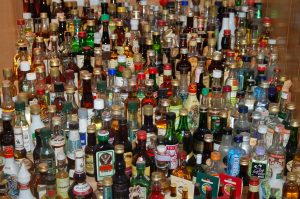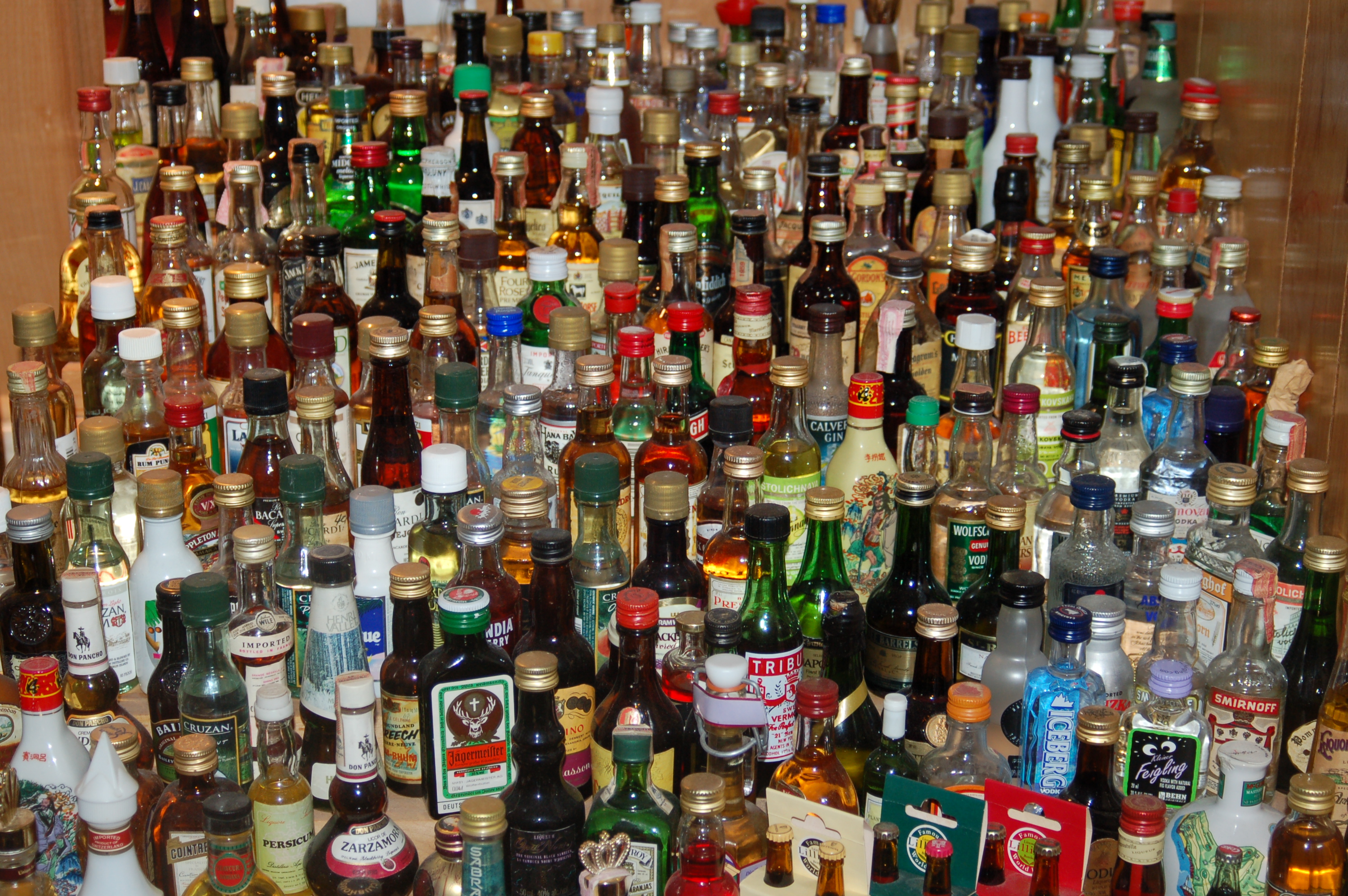by Alex Watkins (News Writer)
Email: cascade.news[at]ufv[dot]ca
 A new study by Britain’s Independent Scientific Committee on Drugs claims that alcohol is the most dangerous substance available, causing a greater level of harm overall than other drugs, like crack cocaine and heroin.
A new study by Britain’s Independent Scientific Committee on Drugs claims that alcohol is the most dangerous substance available, causing a greater level of harm overall than other drugs, like crack cocaine and heroin.
Experts came to this conclusion after assessing the impacts of each drug on both the individual who uses them and on society as a whole.
Although alcohol was not considered the most dangerous at an individual level – outranked by crack cocaine, heroin and methamphetamine – it was found to have the most destructive impact on a larger, social scale.
According to the BBC, the study also reported that ecstasy and LSD were among the substances with the least damaging effects, and they found that cocaine and tobacco were equally harmful. As co-author Professor David Nutt said: “Crack cocaine is more addictive than alcohol but because alcohol is so widely used there are hundreds of thousands of people who crave alcohol every day, and those people will go to extraordinary lengths to get it.”
The study analyzed each substance according to 16 criteria, including its effects on an individual’s physical and mental health, its connection to social harms such as crime and “family adversity” and economic costs. Although the results are entirely at odds with Britain’s current drug classification system, the authors argue that the study is accurate and based on the consensus of experts.
According to CBC news, the committee was formed after Nutt was fired from his position as government chief drug advisor in 2009, after publicly criticizing Britain’s decision to increase penalties for the possession of marijuana. The committee’s goal was to examine the issue of drugs without political interference.
Experts hope that the results of this study should lead countries to reexamine the way that they classify drugs. Wim van der Brink, who co-wrote a commentary on the study in the medical journal it was published in – the Lancet – noted that, “What governments decide is illegal is not always based on science… Drugs that are legal cause at least as much damage, if not more, than drugs that are illicit.” He explained that factors such as taxation and revenue can affect a government’s choices about whether or not to outlaw substances and how to regulate legal substances.
Authors of the study also explored methods for dealing with the harms caused by alcohol, but did not advise outlawing it altogether. As Leslie King – an advisor to the European Monitoring Centre for Drugs – told CBC: “We cannot return to the days of prohibition… Alcohol is too embedded in our culture, and it won’t go away.”
King suggested targeting those who abuse alcohol, rather than punishing the majority of those who use it responsibly. He also advised creating more programs to educate the public and raising the prices of alcohol.
Canadian researchers will hold a forum next month to discuss these issues and plan to explore the option of increasing alcohol prices. As Robert Mann of the Centre for Addiction and Mental Health in Toronto argues, “Pricing has an enormous impact on consumption levels, and taxation levels, of course, influence pricing and, therefore, influence consumption.”


